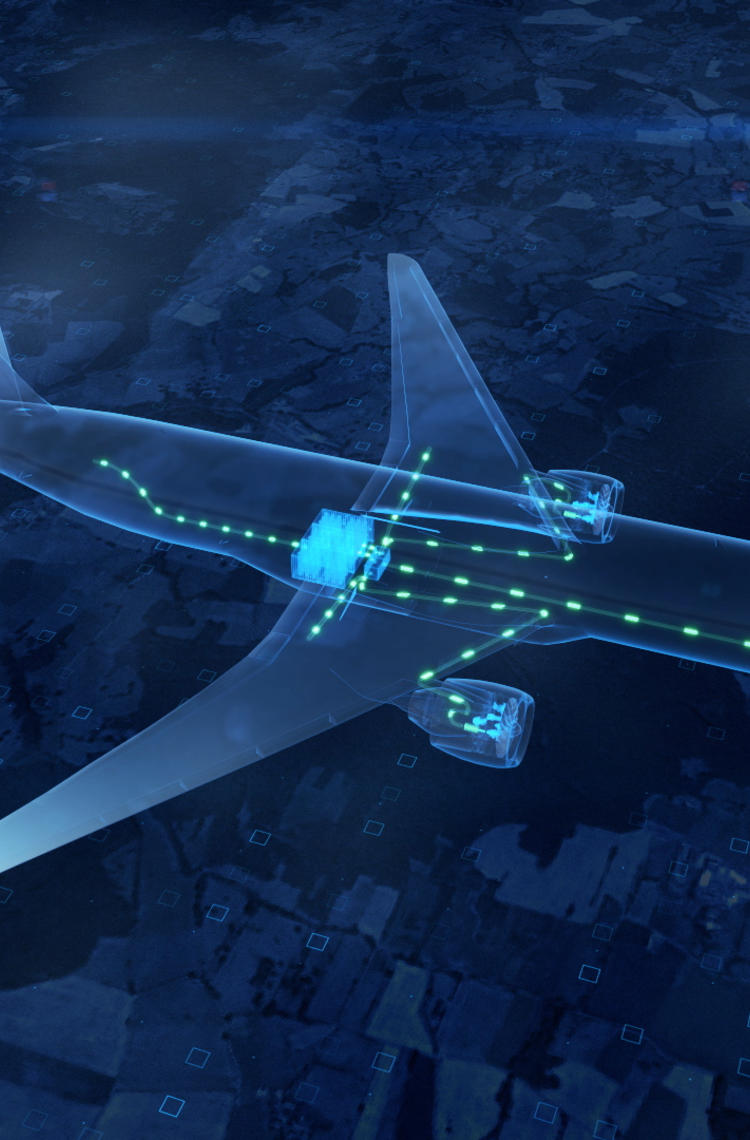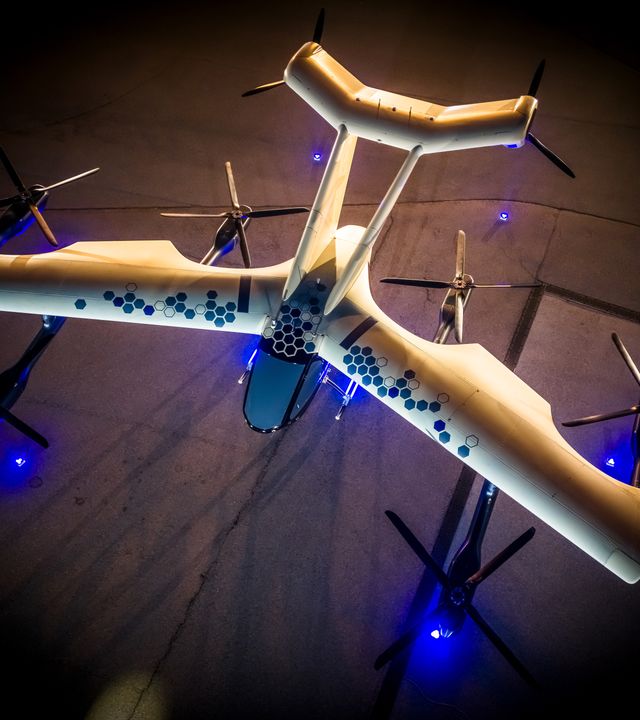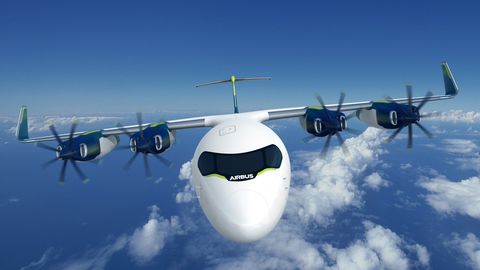On the path to lower-carbon flight
REDEFINING PROPULSION
A range of technologies are required in order to meet the aviation industry’s decarbonisation ambition. Chief among them are promising propulsion concepts, such as electrification, hybrid-powered flight and hydrogen fuel cells. At Airbus, our research into electrification aims to lay the groundwork for the future industry-wide adoption and regulatory acceptance of alternative means of propulsion for aircraft, helicopters and urban air vehicles.
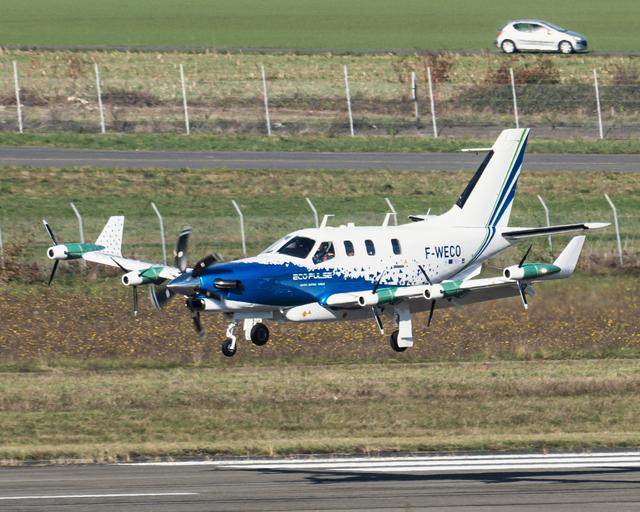
Hybrid-electric aircraft propulsion
In a hybrid configuration, an aircraft uses several energy sources in flight, either in tandem or alternately. The mix of energy sources optimises overall energy efficiency and reduces fuel consumption.
Hybrid-electric propulsion leads to better energy management, reducing fuel consumption by up to 5% compared to a standard flight. The electricity can come from batteries or fuel cells that convert hydrogen into electricity.

Collaborating on hybridisation research
We are working closely with key industry players to advance hybridisation research. In November 2022, Airbus and Renault Group signed a research and development agreement which aims to accelerate both companies’ electrification roadmaps.
In June 2023, Airbus and STMicroelectronics signed an agreement to advance research on the next generation of semiconductors, which will be a key enabler of hybrid and fully electric aircraft such as the ZEROe demonstrator and CityAirbus NextGen.
Latest in hybrid and electric flight
In the spotlight
-
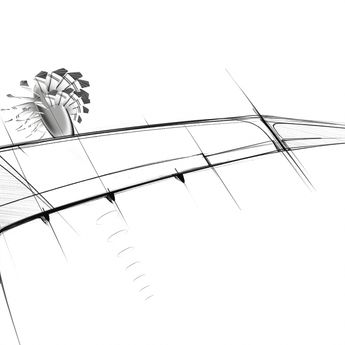 Stories Innovation
Stories InnovationSoaring towards future aircraft
Airbus’ next-generation single aisle aircraft will incorporate novel technologies related to propulsion, wings, hybridisation, materials and systems. -
 Stories Innovation
Stories InnovationEcoPulse results suggest a bright future for hybrid-electric aviation
-
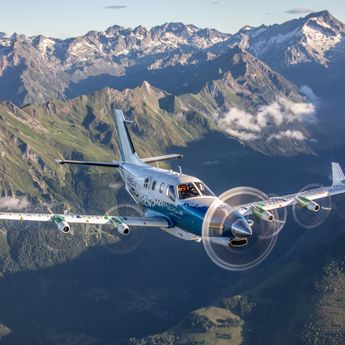 Press releases Innovation
Press releases InnovationEcoPulse paves the way for more sustainable aviation
-
 Stories Innovation
Stories InnovationIs quantum computing an enabler for the decarbonisation of aviation?
-
 News Space
News SpaceEUTELSAT 36D Airbus-built satellite successfully launched
